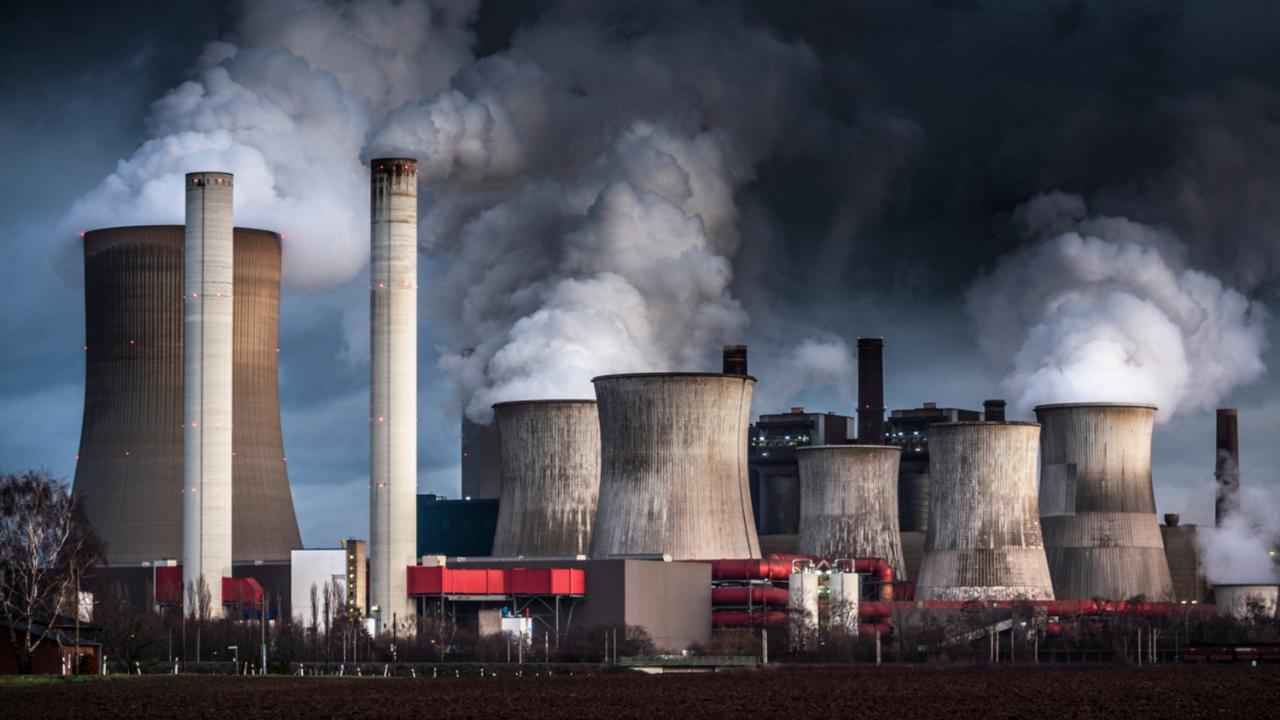Chlorofluorocarbons known to destroy the Earth's protective ozone layer was once widely used in the manufacture of hundreds of products. Its use was banned under the Montreal Protocol in 2010

While emissions from these CFCs currently do not significantly threaten ozone recovery, but because they're potent greenhouse gases they can still affect the climate. Photo Courtesy: iStock
Amidst the rising challenges of climate change, another study has released key findings. There has been a resurgence in global emissions of several ozone-destroying chemicals that were banned worldwide in 2010, according to a study by an international team of researchers from the UK, US, Switzerland, Australia, and Germany.
Chlorofluorocarbons or CFCs -- known to destroy the Earth's protective ozone layer -- were once widely used in the manufacture of hundreds of products including aerosol sprays, such as blowing agents for foams and packing materials, solvents, and in refrigeration.
But CFC production for such uses was banned under the Montreal Protocol in 2010.
However, the international treaty did not eliminate the creation of CFCs during production of other chemicals including hydrofluorocarbons or HFCs, which were developed as second-generation replacements for CFCs.
In the study, published in the journal Nature Geoscience, the researchers stated that the rise in emissions may be due to their use in the production of HFCs used primarily in refrigeration and air conditioning.
"Combined, their emissions are equal to the carbon dioxide emissions in 2020 for a smaller developed country like Switzerland. That's equivalent to about one per cent of the total greenhouse gas emissions in the US," said lead author Luke Western, a Research Fellow at Bristol.
While emissions from these CFCs currently do not significantly threaten ozone recovery, but because they're potent greenhouse gases they can still affect the climate, the researchers warned.
The study focused on five CFCs with few, or no, known current uses -- CFC-13, CFC-112a, CFC-113a, CFC-114a, and CFC-115 -- and that have atmospheric lifetimes ranging from 52-640 years.
CFC-113a, CFC-114a and CFC-115 - are currently used in production of HFCs that replaced CFCs in air conditioning, refrigerators, and fire extinguishers.
But the study could not find drivers behind increasing emissions of the other two -- CFC-13 and CFC-112a. These are not even used in the production of HFCs.
Importantly, the team could not identify particular locations of the rising global emissions.
"We don't really know where it's coming from and that's really a bit scary," Stefan Reimann, a researcher from Empa, the Swiss Federal Laboratories for Materials Science and Technology, said at a recent press briefing.
The study noted these emissions might be reduced or avoided by reducing leakages associated with HFC production and by properly destroying any co-produced CFCs.
"The key takeaway is that the production process for some of the CFC-replacement chemicals may not be entirely ozone-friendly, even if the replacement chemicals themselves are," Western said.
Also Read: "Stop treating Earth like garbage dump," UN chief calls for war on waste
This story has been sourced from a third party syndicated feed, agencies. Mid-day accepts no responsibility or liability for its dependability, trustworthiness, reliability and data of the text. Mid-day management/mid-day.com reserves the sole right to alter, delete or remove (without notice) the content in its absolute discretion for any reason whatsoever
 Subscribe today by clicking the link and stay updated with the latest news!" Click here!
Subscribe today by clicking the link and stay updated with the latest news!" Click here!










